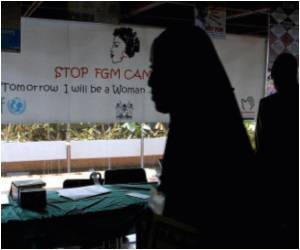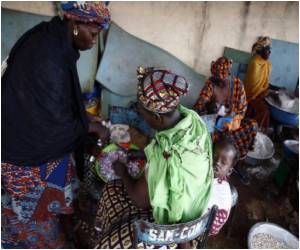Egypt's government said that it will ask parliament to approve a draft law that would increase jail terms for those who perform female circumcision.

‘Egypt's government said that it will ask parliament to approve a draft law that would increase jail terms for those who perform female circumcision.’





Egypt's government said that it will ask parliament to approve a draft law that would increase jail terms for those who perform female circumcision. The new bill would see those convicted of female circumcision jailed for between five and seven years, a statement from the prime minister's office said. The government also proposes that those convicted be given jail terms with hard labor if the procedure leads to the death or permanent physical disability of the women being circumcised.
Activists say the campaign to end the practice may have suffered a setback with the 2011 overthrow of president Hosni Mubarak, whose regime imposed the ban.
Some Islamists argued that the ban was a legacy of his autocratic rule which should not be enforced.
The government bill also calls for anyone who forces a female to undertake the procedure to be jailed for between one and three years.
Advertisement
Her mother, the doctor who carried out the procedure and two other people have been accused of "involuntary manslaughter" and are to face trial.
Advertisement
FGM is also practiced in a number of other African countries as well as in parts of the Middle East, and is usually carried out by women.
Source-AFP











